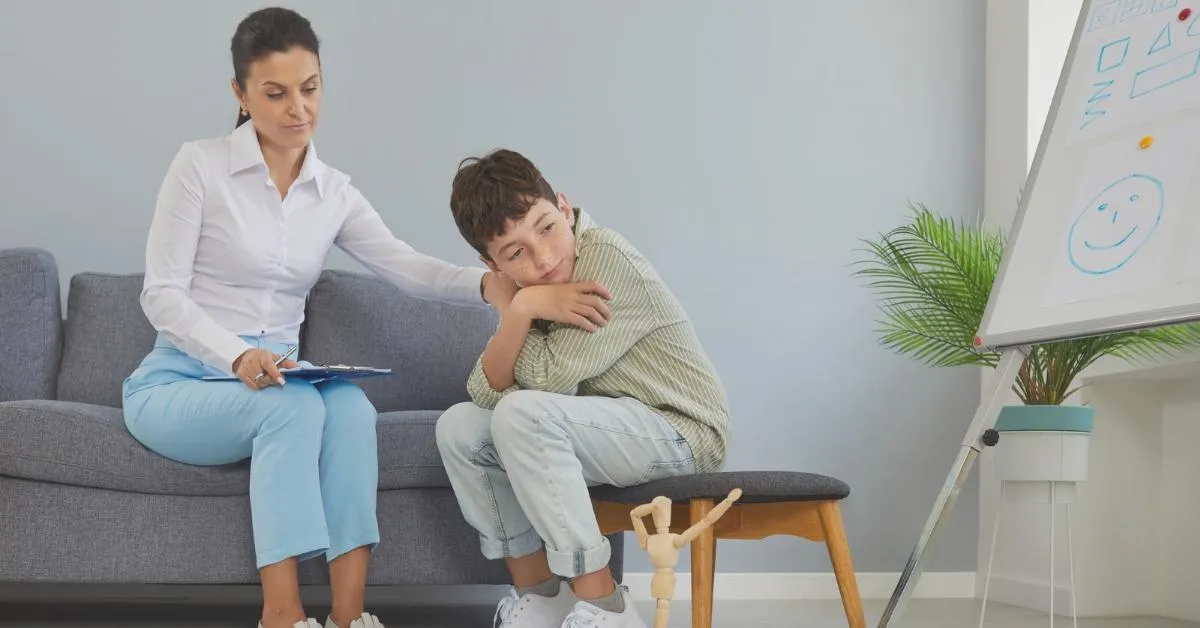Joy, confusion, and sometimes frustration are the essence of the parenting journey. Surprisingly, one moment they might be showering you with hugs, and the next, they might be throwing their toys at the wall. These crazy kid behaviors might seem weird, however, have some deeper meaning to them. Who knows, your child might be trying to communicate something in their absurd ways.
Read below this article to explore some of the most crazy kid behaviors that actually have some hidden meanings to them.
The Dirt Eating Phenomenon
Sometimes, the natural tendency of kids encourages them to munch on things that you’d never considered edible. This could be dirt, sand, chalk, and whatnot.
This behavior of eating non-edible items is called "pica and is typically linked to nutritional deficiencies like iron or zinc. Moreover, according to the American Academy of Pediatrics, pica behaviors peak between 1 and 2 years of age and are more common in kids with nutrient deficiencies.
The best way to deal with this behavior is to ensure your child gets a nutritious diet including proteins, whole grains, leafy vegetables, and more. Despite this, if this habit continues to persist, we recommend you consult a pediatrician.
The Sock Tantrum
Most parents must have come across a situation when you dress your kid only to see them collapse into a dramatic kid just because their socks feel weird. However, did you know that this drama is actually an outcome of sensory processing sensitivity? This happens usually because some kids are sensitive to textures and may feel overwhelmed by tags, seams, or fabric that doesn't fit right. In fact, 16 percent of children have sensory processing difficulties. Don’t worry—this doesn't mean there’s something wrong with them; it's just how their brains process the stimuli.
The Jumping Obsession
Does your child also consider every piece of furniture as a trampoline? From sofas to beds, probably everything has withered their endless bouncing. The truth is, jumping is actually a form of proprioceptive input, which helps kids understand their body’s position in space. In fact, it's their way of burning off energy, self-regulation, and dealing with stress.
As per a study, children aged 3-5 need at least 3 hours of active play per day to maintain healthy energy levels and develop motor skills. So instead of stopping them completely, the better way is to redirect their energy outlets.
That Imaginary Friend Phase
It might feel bizarre when your little one introduces you to their new imaginary friend and insists you have a seat with them at the dinner. But did you know this behavior is surprisingly common? This behavior is particularly noticeable in kids aged between 3 and 7 years and is often a sign of intelligence and creativity. This actually helps in processing emotions and dealing with loneliness. Surprisingly, almost 65 percent of kids have had an imaginary friend at some point, and the best part is—they were ahead in terms of creativity and empathy.
Takeaway
Some kids may actually leave parents feeling bizarre at times. But they are actually an outcome of their budding curiosity. Instead of frustrating, it's time to look at what might be driving these actions. There’s nothing to worry about—after all, from dirt eating to sock meltdowns, these behaviors are just kids’ ways to handle things.








